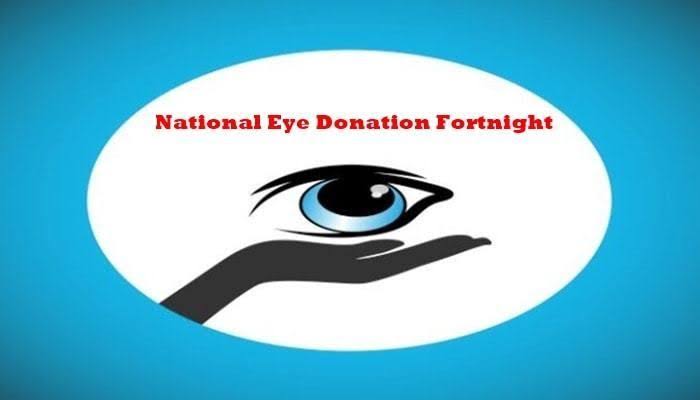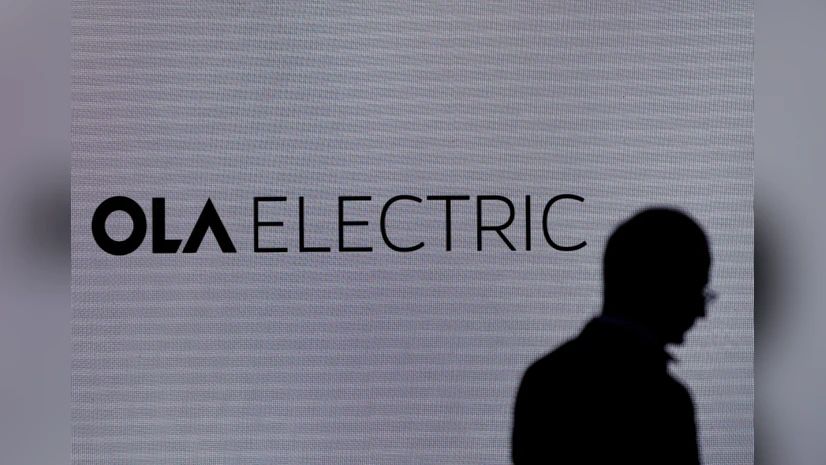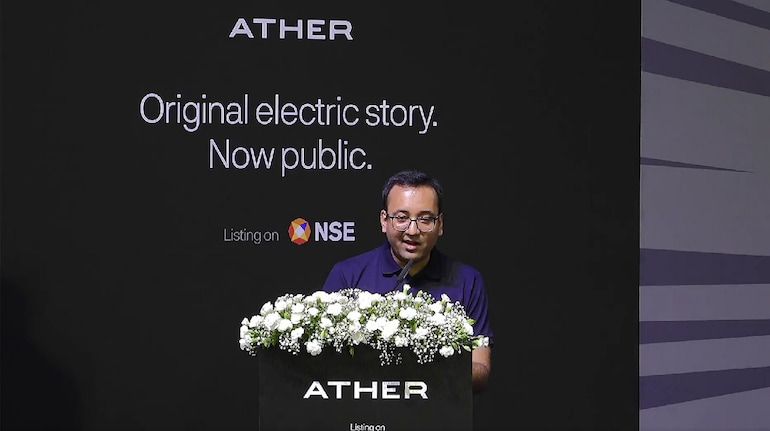 Image Source: Pinterest
Image Source: Pinterest
As India observes the 40th National Eye Donation Fortnight from August 25 to September 8, a wave of awareness, policy action, and heartfelt tributes is sweeping across the country. This annual campaign, aimed at promoting eye donation and corneal transplant accessibility, has taken on renewed urgency in 2025. With over 1.2 million people suffering from corneal blindness, the fortnight is not just a symbolic gesture—it’s a national call to action.
Key Highlights From This Year’s Observance
The campaign has seen a surge in pledges, public rallies, and institutional efforts to bridge the gap between donor availability and transplant needs.
• Rajendra Institute of Medical Sciences (RIMS), Ranchi, performed 171 successful corneal transplants following 271 cornea retrievals
• AIIMS Delhi’s National Eye Bank reported an 85 percent utilisation rate of collected corneas, significantly above the national average
• ENTOD Pharmaceuticals and Matanand Welfare Foundation launched PledgeMyEyes 2025, aiming to secure 10,000 new pledges and reach over 100,000 citizens
• Punjab’s health ministry highlighted the state’s infrastructure with 10 eye banks and 21 transplant centres, yet emphasized the urgent need for more donors
These efforts reflect a growing consensus: corneal blindness is treatable, but only if donor pledges and policy support align.
Strengthening Infrastructure Beyond Metro Cities
One of the most pressing issues addressed during the fortnight is the uneven distribution of corneal care facilities. In Jharkhand, for instance, RIMS remains the only government hospital equipped for keratoplasty. Plans are now underway to establish dedicated eye banks in other medical colleges across the state.
1. Free keratoplasty procedures at RIMS save patients nearly Rs 1 lakh compared to private hospitals
2. State Blindness Control Officers are pushing for decentralised transplant access
3. Expansion of eye banks is expected to reduce waiting lists and travel burdens for rural patients
This decentralisation is crucial for ensuring that corneal care is not a privilege reserved for urban populations.
Honoring Donors And Their Families
The emotional core of Eye Donation Fortnight lies in the stories of those who chose to give the gift of sight. Across states, families of deceased donors were honored for their selfless contributions.
• In Ranchi, ten families were publicly recognized for their loved ones’ donations, including those of Hiramani Devi, Kushal Kumar Munda, and Mridula Sinha
• AIIMS Delhi hosted a walk for eye donation and felicitated donor families and NGOs for their role in expanding awareness
• Bhandara district in Maharashtra celebrated its 102 percent achievement in eye donation targets, with 40 percent of this year’s goal already met
These tributes serve as powerful reminders that one pledge can restore vision to two individuals, transforming lives even after death.
Technology And Innovation In Corneal Care
This year’s campaign also spotlighted technological advancements aimed at improving corneal transplant logistics and outcomes.
• AIIMS introduced drone-assisted cornea transport in collaboration with ICMR and Dr Shroff’s Charity Eye Hospital
• Research partnerships with IIT Delhi are exploring bioengineered corneal implants and keratoprosthesis alternatives
• Online platforms now streamline donor registration and death notifications, improving response times for retrieval
Such innovations are helping India move closer to eliminating the backlog of treatable corneal blindness.
Conclusion: A Clearer Vision For The Future
Eye Donation Fortnight 2025 has not only raised awareness—it has catalyzed a nationwide movement toward equitable, efficient, and compassionate corneal care. From policy reforms and infrastructure upgrades to emotional tributes and technological breakthroughs, the campaign underscores that restoring sight is a collective responsibility. As pledges pour in and eye banks expand, India inches closer to a future where vision is not a privilege, but a right.
Sources: UNI India, Tribune India, BW Healthcare World, MSN India, Times of India
Advertisement
Advertisement






